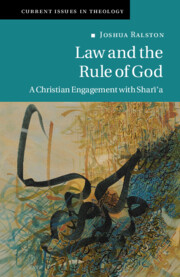This essay examines and compares the treatment of the Decalogue in the theological ethics of Karl Barth and Dietrich Bonhoeffer. It argues that while both theologians orient their exposition of the Decalogue by attending to its primary character as divine self-revelation, approach it with a view to a Christian ethics of divine command, and frame their understandings in decisively christological terms, they differ markedly on the extent to which the commandments themselves can and ought to be understood as representing concrete divine commands.


